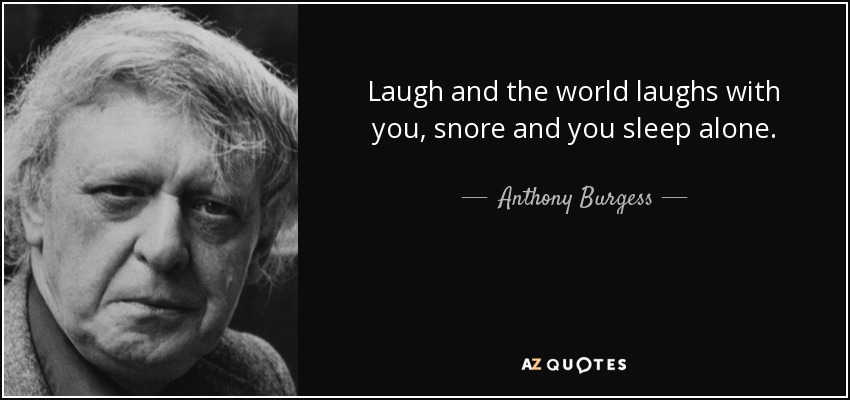

The atmosphere of the two books is similar, and it is roughly speaking the same kind of society that is being described, though Huxley’s book shows less political awareness and is more influenced by recent biological and psychological theories.’ ‘Both books deal with the rebellion of the primitive human spirit against a rationalised, mechanised, painless world, and both stories are supposed to take place about six hundred years hence. George Orwell noticed the debt that Brave New World owes to We in his article about Zamyatin’s novel: The plot is similar to Huxley’s novel: the individualistic hero confronts a homogenised state. Zamyatin was published in English in 1924.
Many dystopian fictions were inspired an earlier Russian novel which examines a futuristic utopia. The utopian society appears to be a cage from John’s perspective. The book proposes that a man ceases to be a man when he is incapable of squalor, shame, guilt and suffering. It is through this character that Huxley criticises the notion of the conditioned subject. The hero, John, has been born in a natural way and brought up among ‘savages’ (as they are labelled), outside the dominant society. Scientific advances mean there is no crime, and sex is a recreational activity without moral consequences. The class system in this future world is based on intelligence: the ‘Alphas’ undertaking jobs that require brains, the ‘Deltas’ undertaking more menial tasks. In Huxley’s vision, children are artificially bred in test tubes, and are content to accept whatever the domineering State bestows on them. Brave New World is set in a future society, and challenges Wells’s idea that scientific advancement will improve every aspect of life. Aldous Huxley, in his novel Brave New World (1932), criticised the utopian values of science and the political thinking of novelists such as Wells and Morris. In showing a perfect future society, Morris is defending what he believed to be the only way to live without divisions between art, life and work, but also criticising elements of state socialism.Īs the twentieth century progressed, authors were less convinced about these notions of scientific and political improvement. This novel, similar in form to Wells’s The Time Machine (1895), tells the story of William Guest, a nineteenth-century socialist who falls asleep and wakes up in a utopian future society based on common ownership and idealistic tenets such as small non-urban communities, no state authority, no system of monetary exchange, and no class system. This utopian ideal was also described in Morris, who wrote about the perfect socialist society in News From Nowhere (1890). Wells called himself a ‘utopiographer’ and believed that scientific advancements would outlaw war and poverty, as he proposed in his novel, Men Like Gods (1923).

He was inspired by More’s writing on utopia.ĭystopian fiction of the twentieth century has its beginnings in the utopian fiction of authors such as H.G.

The English philosopher John Stuart Mill coined ‘Dystopia’, meaning ‘bad place’, in 1868 as he was denouncing the government’s Irish land policy. Utopia (1516) describes a fictional island in the Atlantic ocean and is a satire on the state of England. The term ‘utopia’, literally meaning ‘no place’, was coined by Thomas More in his book of the same title.


 0 kommentar(er)
0 kommentar(er)
